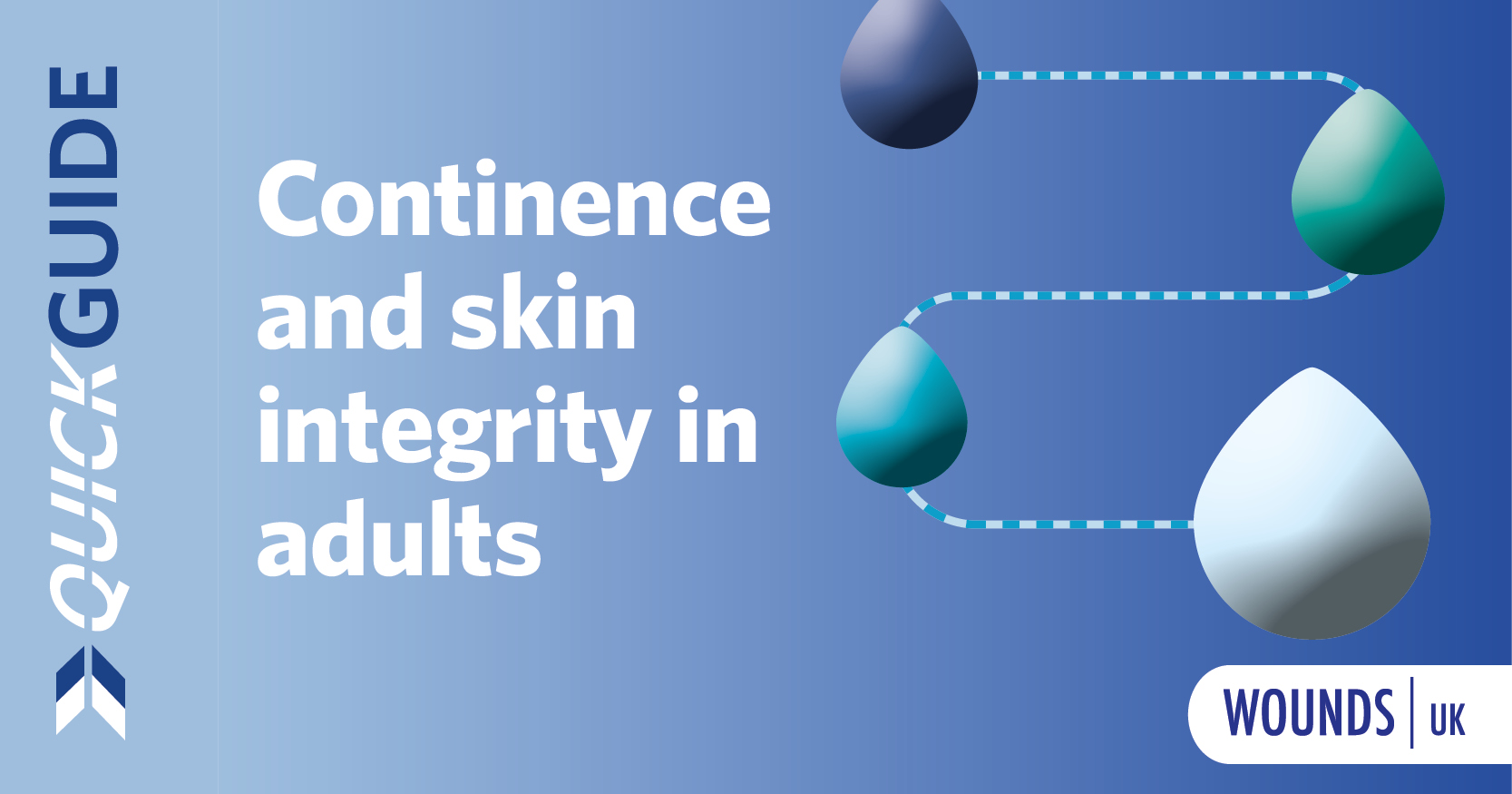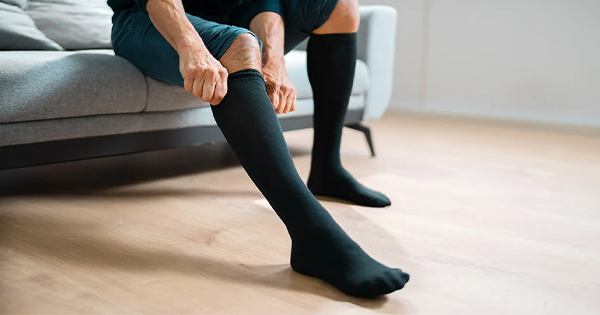During the 1980s, the number of tissue viability nurses (TVNs) rose steadily in the UK, in response to mismanagement of patients with wounds (Fletcher, 1995). Since this time, and in response to the quality agenda, the necessity of promoting a tissue viability service (TVS) that is able to meet the needs of a changing population, while being cost effective and offering interventions based on research and evidence, has grown. The drive to reduce avoidable harm in healthcare and to make efficiency savings is continuing, with TVS being one of the key areas to deliver these targets. However, across the UK we have a wide range of role descriptions and job titles, yet little clarification as to the qualifications and skills required to deliver a successful TVS. Infection control specialist nurses have a clear identity with concise role descriptions representing a range of pay bands. Arguably, this is because they are aligned with a medical specialty, whereas TV is not. The introduction of Any Qualified Provider (Department of Health, 2011) has witnessed some services, including management of leg ulceration, being delivered by non-NHS providers at a reduced cost. So is TVS in danger of becoming more of a nice thing rather than a priority?




